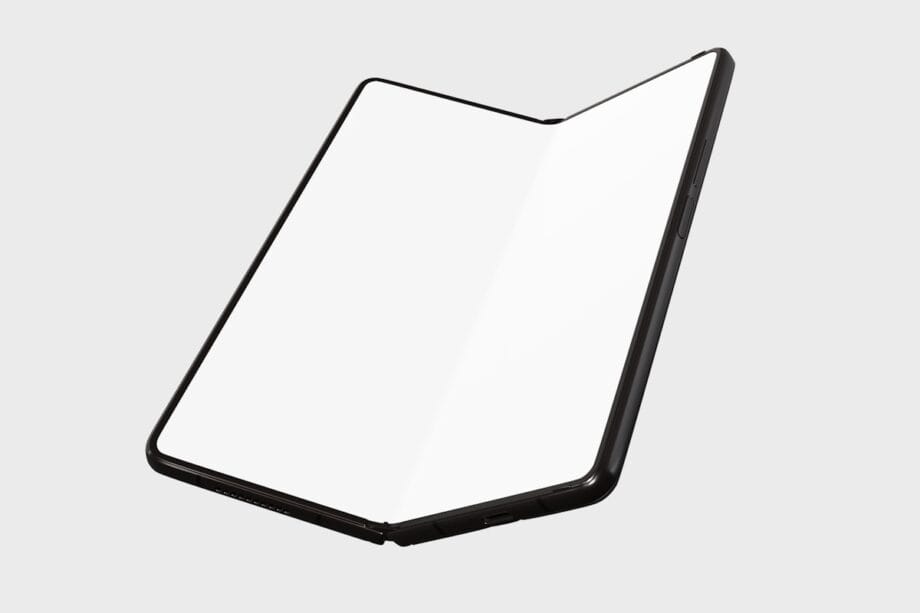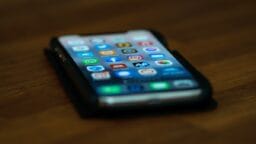Apple’s Foldable iPad Development Faces Setbacks
[LOS ANGELES] Apple’s ambitious endeavor to revamp the iPad with a substantial foldable screen has encountered significant developmental obstacles, casting doubt on the anticipated release timeline.
This innovative device, projected to retail around US$3,000, has been under construction for several years, with the most recent target for launch set at 2028. However, engineering complexities involving weight, features, and display technology have now pushed its debut to 2029 or beyond, according to insiders with knowledge of the situation.
In collaboration with Samsung Display, Apple is working to develop an approximately 18-inch panel for the gadget. Sources, wishing to remain anonymous due to the confidential nature of the project, indicate that the design aims to minimize the creasing issue commonly seen in foldable screens, echoing a similar approach for the upcoming foldable iPhone.
The foldable iPad initiative is part of a larger strategy to introduce more groundbreaking devices to the market. Apple recently unveiled its first new iPhone design in years, the ultrathin US$999 Air model, while also exploring a range of new products, including smart glasses and a sophisticated tabletop robotic device.
Distinct from the foldable iPhone, prototypes of the new tablet, known internally as J312, do not feature an external display. When closed, it resembles a Mac laptop with aluminum enclosures on both sides, unfolding to an approximate size akin to a 13-inch laptop.
However, the technology for an 18-inch foldable display has proven particularly challenging and expensive, leading to estimated prices that are nearly three times greater than those of a 13-inch iPad Pro. Like its counterpart, the foldable tablet will leverage the OLED standard, delivering vivid graphics and a slimmer profile.
Concerns are also mounting regarding the weight of the current prototypes. Presently, the iPad Pro weighs between one to 1.3 pounds, whereas test units of the foldable gadget tip the scales at approximately 3.5 pounds—comparable to a MacBook Pro.
Representatives from Apple, located in Cupertino, California, declined to comment on the matter.
Project participants have drawn parallels between the forthcoming device and Huawei Technologies’ MateBook Fold, an 18-inch foldable tablet unveiled by the Chinese tech giant earlier this year. Notably, Huawei’s offering weighs around a pound less than Apple’s prototypes and retails for about US$3,400, although it is currently exclusive to the Chinese market.
Future of Apple’s iPad Lineup
Apple is striving to rejuvenate the iPad lineup, which made its debut fifteen years ago under the leadership of co-founder Steve Jobs. In recent times, demand has dwindled, as many consumers have shifted their focus to Macs. While iPad sales are projected to recover this year, revenue levels remain substantially lower than the peak reached in 2021.
Last week, Apple refreshed the iPad Pro with the M5 chip, alongside plans for new incarnations of the Air and entry-level models expected next year, albeit featuring minor enhancements.
The Air is anticipated to incorporate the M4 processor, while the new basic iPad is set to transition to the A18 chip, according to sources privy to Apple’s plans.
The foldable iPad aims to create a significant impact within the marketplace. Should it succeed, it would demonstrate Apple’s capability to compete in the burgeoning sector of foldable devices.

Competitors such as Samsung, Google, Lenovo’s Motorola, and Huawei have already tapped into a consumer base willing to invest in premium foldable products that offer expansive screens in more manageable formats.
Despite these aspirations, the Apple tablet’s existing challenges and its similarities to Huawei’s model leave some stakeholders uncertain regarding its potential realization.
Apple has a history of dedicating years to major projects and is not averse to discontinuing initiatives deemed unviable or misaligned with its strategic objectives.
A notable instance is the halted autonomous car project, discontinued last year. Recently, Apple also shelved a lighter, more affordable variant of its Vision Pro headset—internally referred to as N100—after several years of development, a decision that took staff members by surprise. BLOOMBERG
Source link: Businesstimes.com.sg.






